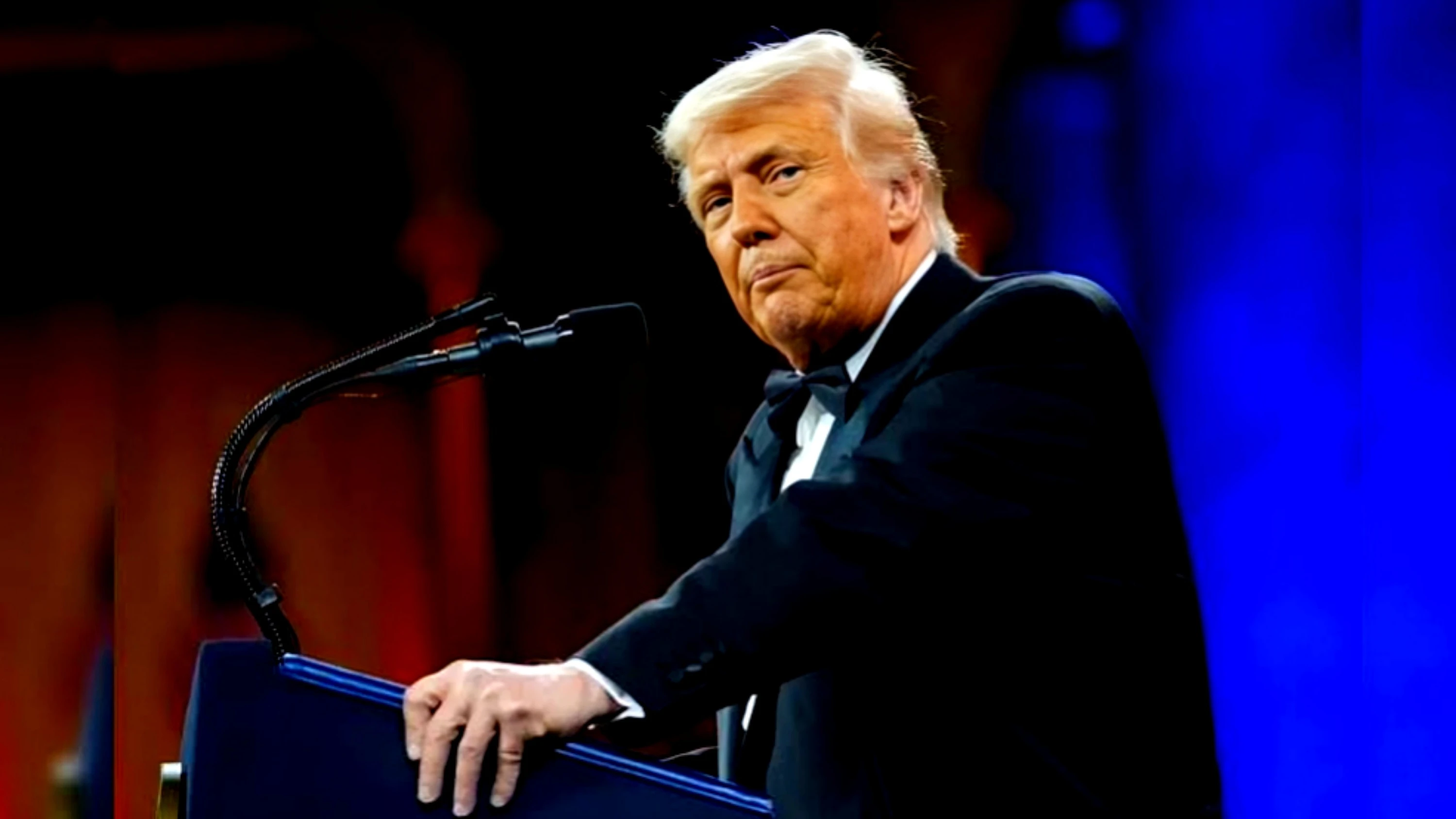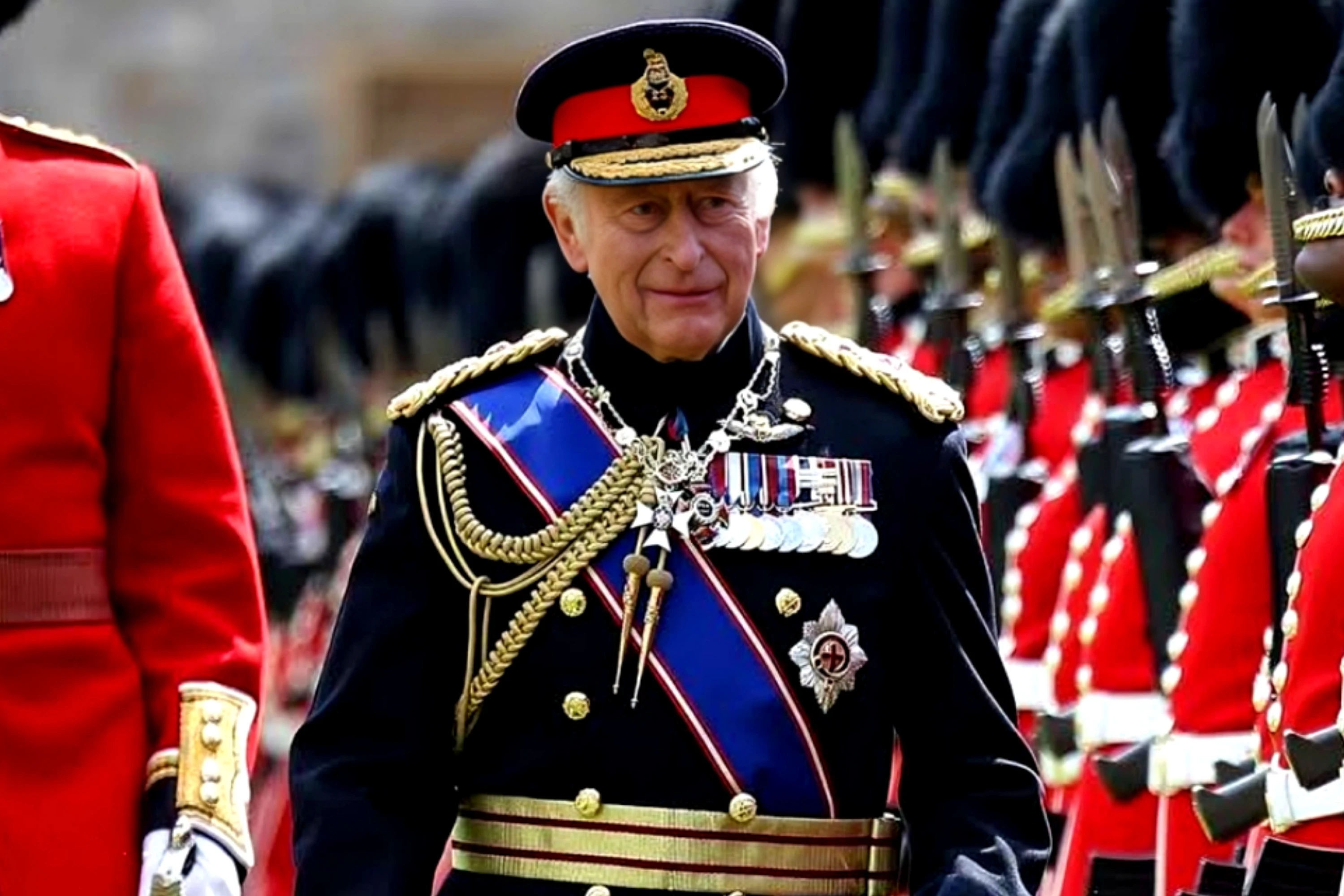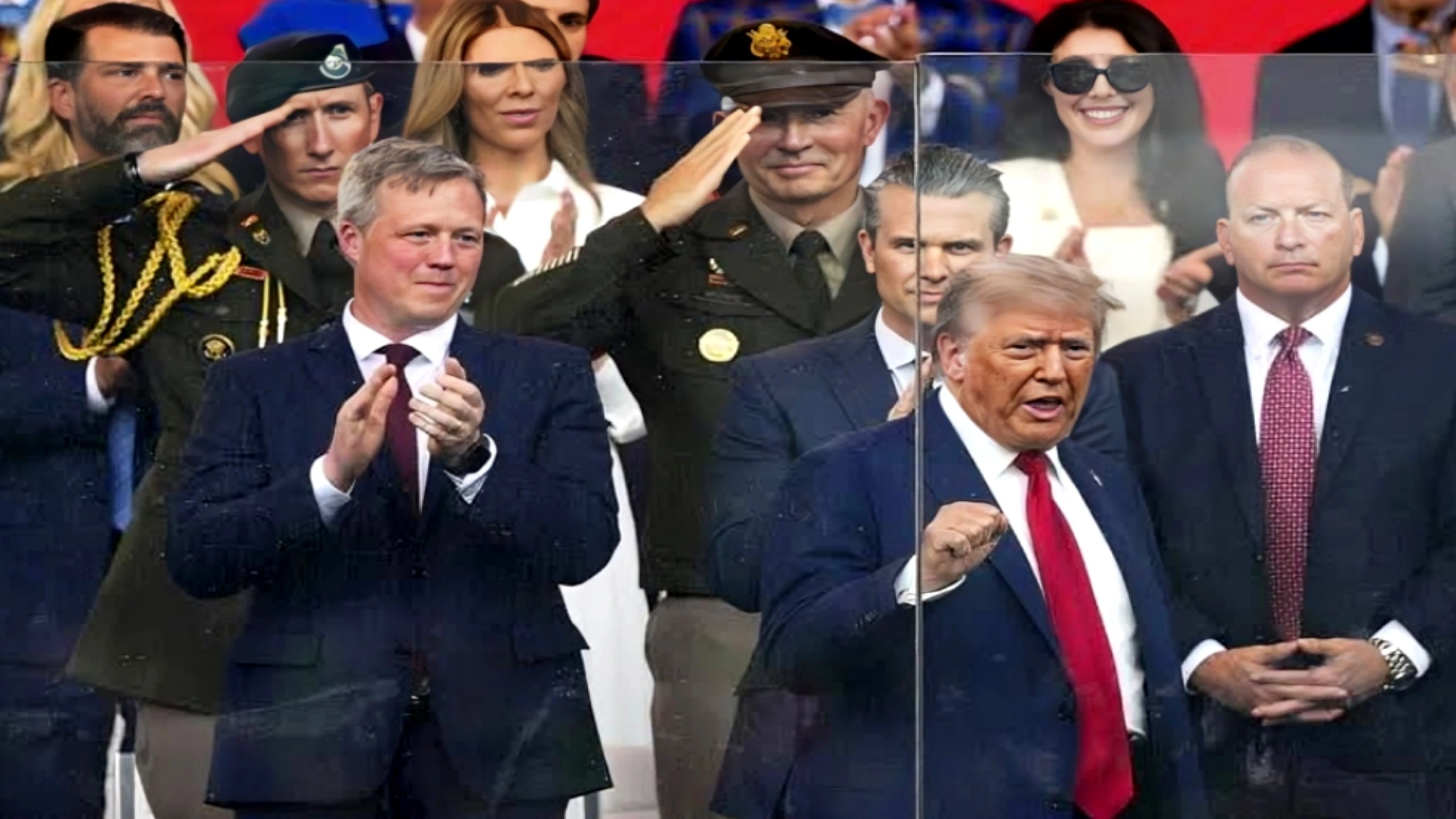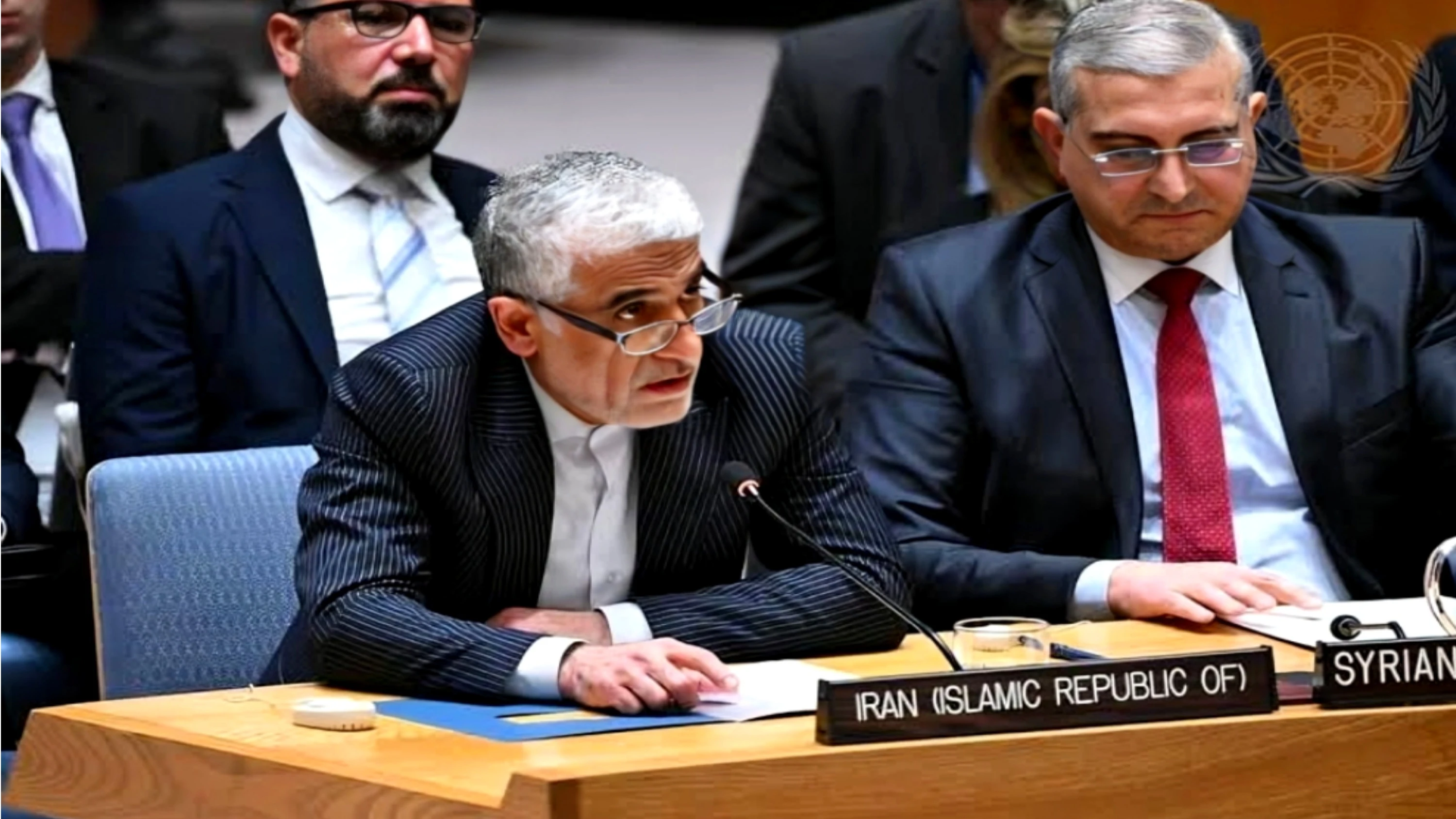Washington: The United States has announced a sweeping new tariff measure against Chinese imports, raising the total duty to a staggering 145%. President Donald Trump unveiled a fresh 125% levy on Wednesday, which, according to a White House clarification, comes on top of an existing 20% tariff previously implemented due to China’s alleged involvement in fentanyl trafficking into the U.S.
Trump, in a lengthy post on his social media platform, justified the move by accusing Beijing of showing a "lack of respect" toward global markets. He declared that the era of China "ripping off" America and other nations was coming to an end, describing China’s business practices as unfair and unsustainable. He expressed confidence that Beijing would soon recognize the changing global trade landscape.
The new tariff hike comes amid Trump's broader strategy of "reciprocal tariffs" aimed at pressuring trade partners into fairer deals. He claimed that more than 75 countries have reached out to U.S. representatives to explore potential agreements, although implementation of the global tariff policy has been temporarily paused for 90 days.
In response, China announced retaliatory tariffs of 84% on U.S. imports, which took effect on Thursday. Beijing firmly rejected Washington’s approach, accusing the U.S. of acting like a global bully. “A just cause receives support from many,” said Chinese Foreign Ministry spokesperson Lin Jian, asserting that the U.S. would ultimately fail to rally international backing.
China has pivoted toward closer ties with Europe amid the escalating trade conflict. Premier Li Qiang held a phone conversation with European Commission President Ursula von der Leyen to signal a commitment to stronger China-EU cooperation. This was followed by talks between China’s Commerce Minister and the EU’s top trade official, addressing the implications of the U.S. tariffs.
Despite the growing rift between Washington and Beijing, several nations remain cautious about aligning with China. India, citing longstanding disputes, reportedly declined an offer of cooperation. Even Russia, one of China’s closest allies, was notably excluded from the new U.S. tariffs. Meanwhile, Taiwan—despite being a key supplier of computer chips to the U.S.—was hit with a 32% tariff, prompting Taiwanese officials to prepare for negotiations with Washington.
Trump remains steadfast, insisting his policies will usher in a new era of American prosperity. Speaking during a cabinet meeting, he stated, “We’re in very good shape. We’re just trying to make sure the world treats us fairly.” Despite the global market turbulence, he maintains that the U.S. is on track to achieve what he calls “America’s golden age.”








